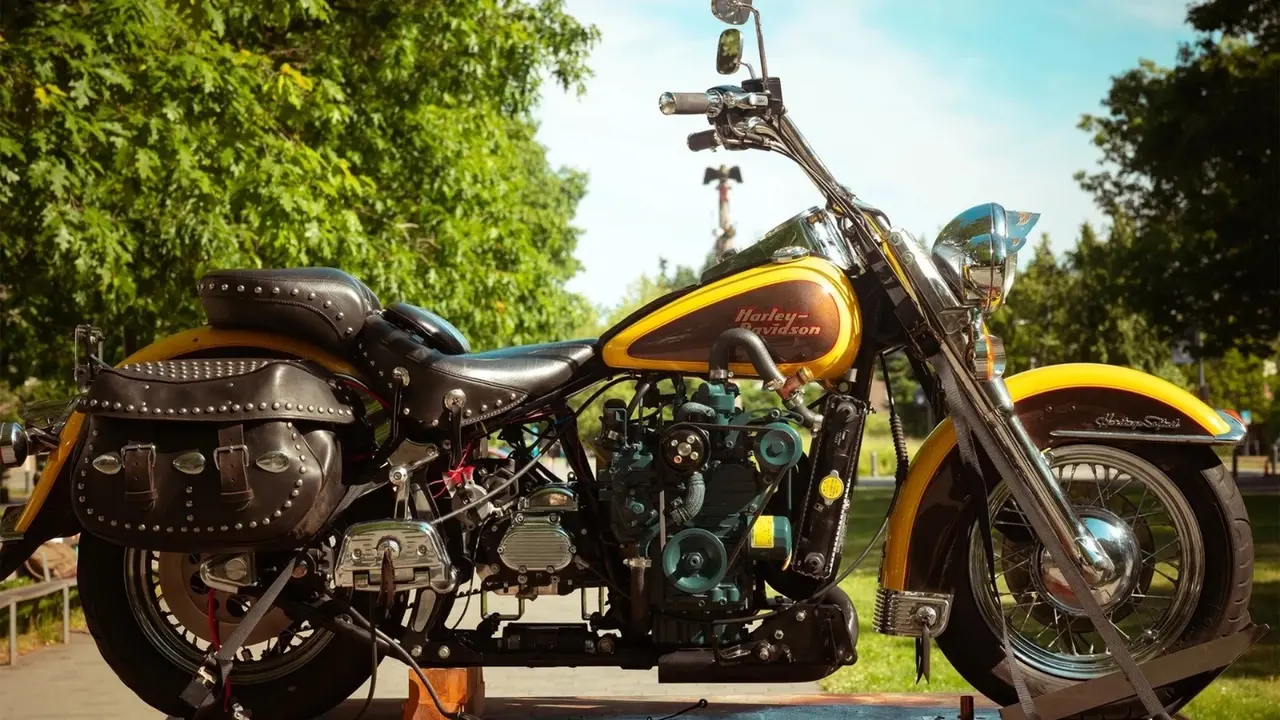With electric vehicles dominating the agenda these days, an engineering student living in Canada is offering a completely different take on environmentally friendly transportation. Alex Jennison, a 22-year-old student at the University of British Columbia (UBC), has converted a 1999 Harley-Davidson Heritage Softail motorcycle into a biodiesel vehicle powered by waste cooking oil. The project is driven by the university’s goal of finding a clean fuel alternative for its 400-vehicle fleet.
A biodiesel-powered Harley-Davidson has been developed
Jennison is taking his converted motorcycle on a 1,931-kilometer test ride along the US West Coast. The project combines both waste management and energy efficiency. The 1999 Harley was chosen for a special reason.

The separate design of the engine and transmission simplifies the modification process. The original engine is removed and replaced with a three-cylinder Kubota tractor engine designed to run on biodiesel produced from waste cooking oil.
This biodiesel technology reduces carbon emissions by 74 percent compared to traditional diesel fuels. Waste cooking oil used as fuel is collected free of charge from campus restaurants and converted into biodiesel through a chemical process. This process both recycles waste oil and reduces reliance on fossil fuels.
Jennison states that the project is not limited to motorcycles but also has significant potential for heavy-duty vehicles and municipal fleets. He emphasizes that while electric vehicles are effective in reducing carbon emissions, the extraction of minerals like lithium and cobalt used in batteries poses environmental and ethical problems.
He highlights human rights violations in cobalt mines and deforestation in the Amazon. According to Jennison, renewable fuels like biodiesel offer a sustainable alternative to these problems.













